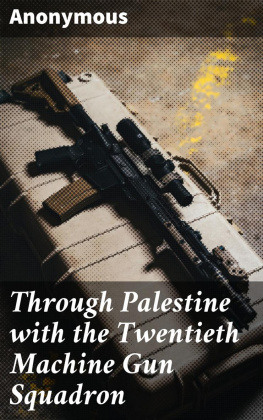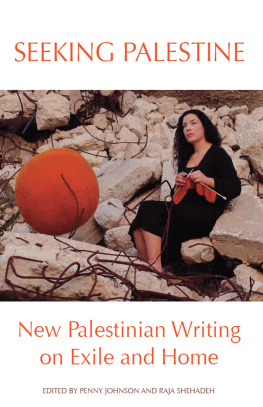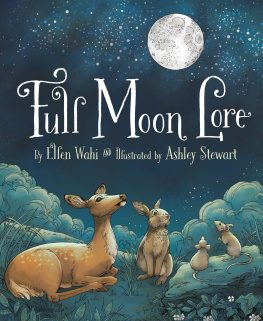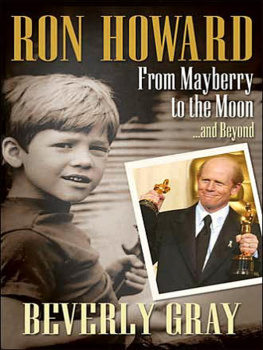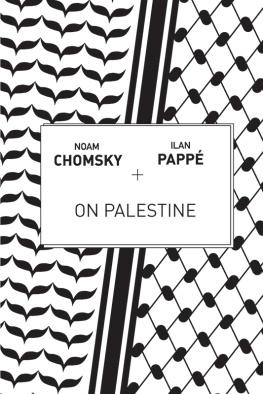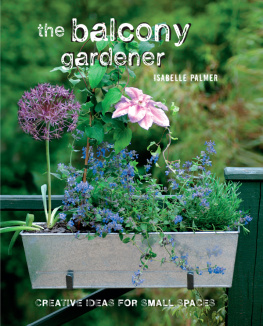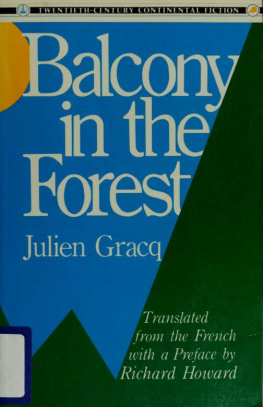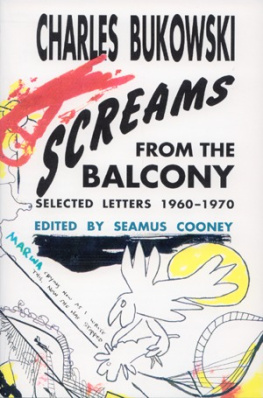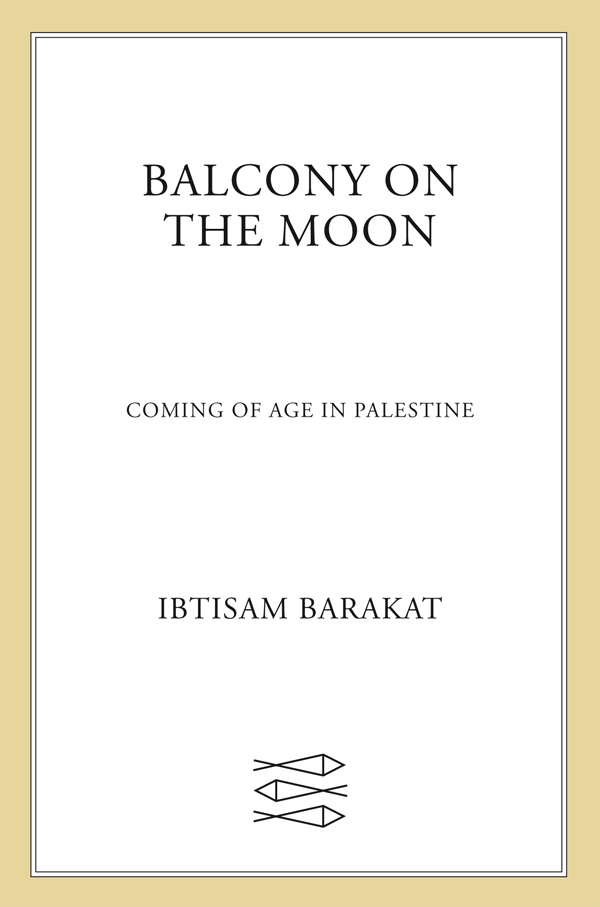Contents
Guide

The author at age seventeen

The author and publisher have provided this e-book to you for your personal use only. You may not make this e-book publicly available in any way. Copyright infringement is against the law. If you believe the copy of this e-book you are reading infringes on the authors copyright, please notify the publisher at: us.macmillanusa.com/piracy.
To Arabic and English, the two languages of my pen. Arabic moves on the page from right to left. English moves from left to right. They meet in my heart, forming a bridge of peace between East and West.
To my family members, the Barakats.
To my people, the Palestinians.
To our Quranic and Biblical cousins, the Jews.
To everyone who helps create more kindness among the peoples of the world and more healing for the family of humanity.
And to readers everywhere.
When I mention that I am Palestinian, I am often asked: But where is Palestine on the map? Palestine is a geographic region in the Middle East that has come under the military control of many nations throughout history. In the twentieth century, Palestine was ruled by the Ottoman Empire until World War I. Britain followed with a military mandate over Palestine that lasted until 1948.
Because of the Holocaust and extensive Jewish immigration to Palestine with the aim of making it a national home for Jews, the region experienced enormous violence between various groups. Britain promised to facilitate a homeland for Jews and suppressed Palestinian aspirations for freedom. The newly formed United Nations then partitioned Palestine in a manner that resulted in a war between Jews and Arabs in 1948. At the end of that war, Israel was established on three quarters of the land that had been owned by Palestinians, and most of the Palestinians became displaced, a loss the Palestinians call the Nakba , the Catastrophe. In its General Assembly Resolution 194, the United Nations aimed to facilitate a peaceful return of the Palestinian refugees to their homes. However, the resolution was not implemented.
Jordan and Egypt governed the remaining quarter of Palestine until 1967, when the Six-Day War occurred, ending with Israel occupying the West Bank and East Jerusalem, the Gaza Strip, and other areas. Palestinians call this outcome the Naksa , the Setback. All of historic Palestine was then replaced by Israel on the world map. In its Security Council Resolution 242, the UN attempted to solve the conflict of Palestine and Israel by proposing a two-state solution. However, this resolution also was not implemented. Consequently, the prolonged absence of a satisfactory solution continues to generate violence.
Recognizing that many countries helped to alleviate the homelessness of the Jews as a people by making a home for them in Palestine, and that this resulted in the Palestinians becoming a homeless people, the United Nations formed the United Nations Relief and Works Agency for Palestine Refugees in the Near East, UNRWA. It is the largest UN agency dedicated to providing refugees of one displaced people with basic protection, housing, education, and health services.
Without the help of the UNRWA, which offered education to generations of Palestinian refugees, including me, Balcony on the Moon would not have been written.
Believing that childhood and coming-of-age stories unite the world, I hope that Balcony on the Moon will encourage many young peopleand adults, tooto share their experiences toward the composition of an ongoing book of life that represents all of humanity and ensures inclusion, safety, dignity, and freedom for all people now and for future generations.
We once lived rooted
Like the ancient olive trees.
Now were birds
Nesting on songs
About homes we miss.
Storms and distances
Decide our address.
Ibtisam Barakat
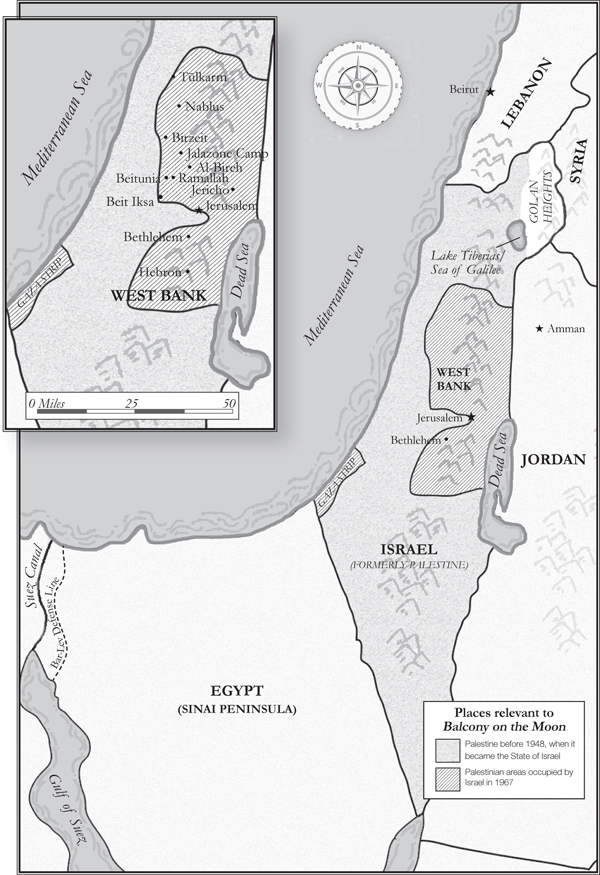
Grandmother Fatima has just arrived at our new apartment on Radio Street, on the northern side of Ramallah in the West Bank. She is carrying her woven bamboo basket filled with green almonds from her village in Jerusalem. She does not say whether she likes or dislikes our new place. When I ask her she says, All that matters is that we are in the same country and I can visit you. She then asks me to remind her how old I am, what school I go to now, and what grade I am in. I tell Grandma that I am seven and a half years old, still go to the Jalazone Girls School, run by the United Nations Relief and Works Agency (UNRWA), and will soon complete the second grade. I am about to show her that I can write my name and many other words, but I stop when I remember that she has never gone to school and cannot read or write.
Mother and Grandma go to the kitchen. I follow them quietly, hoping to listen in on their conversation and learn about the strange world of grownups and its many surprisesmarriages, money, deaths, and whispered problems about relationships.
Today Grandma is speaking about Aunt Amina, one of Mothers two sisters. Aunt Amina lives in Amman, Jordan. She has ten daughters and no sons, and her husband, Nimer, insists he wants a boy to carry on his name. Nimer is a professor at a university, and everyone in our family calls him mitaallem, educated.
Grandma is worried about Aunt Aminas safety because seven months ago, in the middle of September 1970, thousands of Palestinians living in Jordan were killed when the fedayeen, the Palestinian freedom fighters, and the Jordanian army had one of their worst battles. The hostilities began even before September and havent ended yet.
The fedayeen wanted to gain more political and military control inside Jordan in order to fight Israel from the Jordanian border so they could take back Palestine from Israel and return to the homes and cities they lost first in the war of 1948, which displaced the majority of Palestinians, and then in the Six-Day War, which ended with Israel controlling all Palestinian lands.
The fedayeen hoped that Jordan would help them in their fight against Israel. But the Jordanian leaders did not want the fedayeen to organize non-Jordanian military groups inside their country. So the two sides fought, and the Jordanian army won after a massacre of Palestinians so grim that the month of Ayloul is now called Ayloul al-Aswad, Black September. Those words make me think of a whole month without the sun rising once.
Every time I pray, I leave on the prayer rug big questions that I believe only Allah can answer, Grandma says. They are about the future and what will happen in this woeful Holy Land. But even after I pray, the questions are still there in my mind and in the world. She raises her arms to the sky pleading: La-aimta ya rab? Dear God, until when?
Nothing in our lives is predictable, but lets not despair, Mother says.
Mother and Grandma begin to exchange happier family stories, entangled with names, nicknames, and half events. They finish each others sentences, and I try to understand and arrange in my mind the names of my relatives, especially those whom I have not met because they live in other countries, or those who have died but continue to live in these stories as I learn new pieces of how they fit into our family history.


